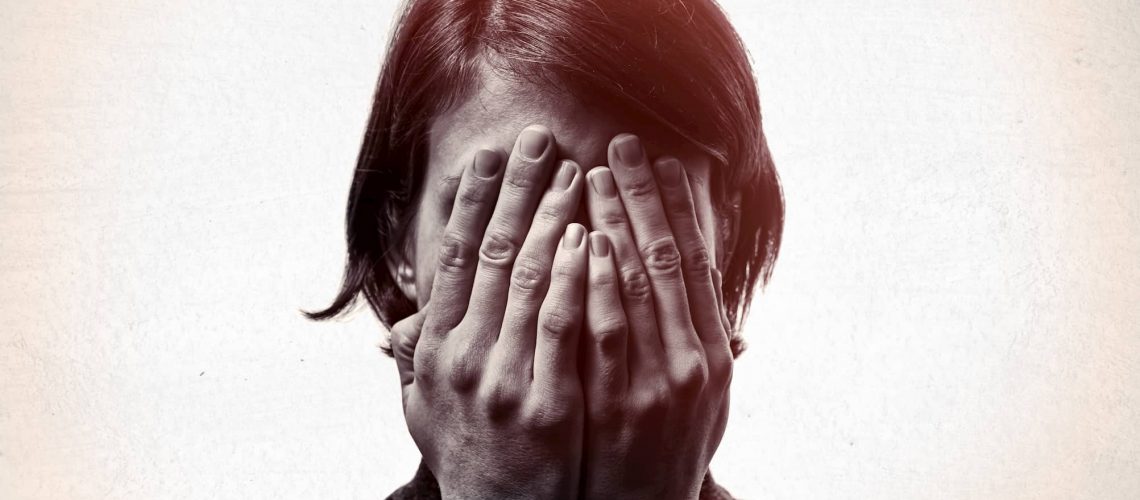Dealing with conflicting emotions in your relationship is never easy. The love & hate counterparts quickly spring to mind, but individuals frequently feel both scared and safe, secure and insecure in a relationship, and they keep struggling with it and leaving the problem unresolved.
If you are thinking of signing up for emotional intimacy coaching sessions, it is important to come to understand the potential reasons behind your ambivalence. Why can you feel brave and scared at the same time? Perhaps you’ve been experiencing emotional neglect, or you’ve been feeling ignored for an extended period of time.
These feelings can make you feel scared, but also give you initial, short-lasting strength to try and deal with them. Sometimes, it’s best to resolve your emotional intimacy issues alongside trained relationship coaches. However, let us first see what it means to be both scared and brave.
What Does It Mean To Be Brave?

Bravery is a word often used, but frequently misunderstood and misexplained. Among all the definitions of courage, it is difficult to escape the assumption that there is only one, underlying trait that all those perceived to be brave or courageous share and must have.
The truth about bravery, however, is different and nowhere near as absolute as you might be led to believe by only glimpsing at it’s meaning. In fact, there are six main types of bravery people can exhibit at different times:
- Physical bravery: This is what is most commonly perceived as courage. This type of bravery is exhibited at risk of bodily harm or death.
- Social bravery: Social bravery involves allowing yourself to speak your mind at risk of rejection, unpopularity, exclusion, or embarrassment.
- Intellectual bravery: This type of bravery describes an individual’s capacity to risk making mistakes, to question their thinking, and to challenge existing ideas and concepts.
- Moral bravery: Moral courage includes doing the thing you perceive as right, and risk facing disapproval, opposition, or shame by others.
- Emotional bravery: This bravery is all about individuals allowing themselves to feel the complete spectrum of positive emotions, but also risk becoming open to negative ones.
- Spiritual bravery: This type of bravery allows people to question their meaning and purpose.
Can You Be Scared And Brave At The Same Time?
Nelson Mandela said that courage is not the absence of fear, but the triumph over it. Nobody can feel only courage all the time, and it is completely normal for you to feel both scared and brave at the same time.
In fact, one could argue that it is only possible to experience true bravery when taking action in face of debilitating fear. Sometimes, bravery and fear are not opposed, but complementary feelings.
How Do You Be Brave When You’re Feeling Scared?
If you’re feeling scared, afraid of doing something, there are steps you can take that will help you act even when you’re not feeling up to it or willing. If you’d like to act bravely when faced with fear, you can try to follow this pattern of behavior:
- Keep taking action
Although the natural instinct when feeling scared is to stop or take a break, do the opposite and keep doing things. If you avoid taking action for too long, it can become your default behavioral pattern.
- Make decisions
Do not shy away from making important decisions because you’re scared of the responsibility they carry with them. Instead, make decisions even when you’re afraid of making them.
- Feel everything
Do not be afraid of opening yourself up to both the positive and the negative feelings. Feel the emotions coming your way and embrace them, don’t run away from them in fear.
- Consider the benefits
Finally, stop to consider all the potential benefits that await if you decide to do the thing you’re frightened of doing. Focus on the positive and go for it.
How Can I Be Fearless In A Relationship?
Being fearless in a relationship is a trait that can allow you to enjoy the emotional intimacy relationships bring more. The key to losing all fear you might be harboring in your relationships lies in taking small steps that amount to a big change:
- Speak to your partner as much as possible
- Be honest when communicating with your partner
- Initiate intimacy in your relationship
- Ask your partner for help if you need it
- Be graceful when accepting and giving compliments
- State your opinions clearly
- Say yes to your partner’s healthy suggestions
Join PIVOT Workshops & Work On Your Emotional Intimacy Issues

Sometimes, feeling scared in a relationship is a matter with a single resolution due to problems stemming from deep incompatibility between you and your partner. At other times, it is an emotional intimacy issue you can resolve. However, if you’re not feeling up to the task, and you find yourself unable to deal with your relationship fears without professional help, know that you can always turn to experienced relationships coaches at PIVOT.
Our educated, qualified, and knowledgeable relationship advocates are here to help you start feeling safe and brave in your relationship once again. We can offer both individual coaching sessions for resolving your relationship fears, and our relationship advocates hold coaching sessions for both partners to work out their struggles. PIVOT can help you feel good again. Reach out to us today!

